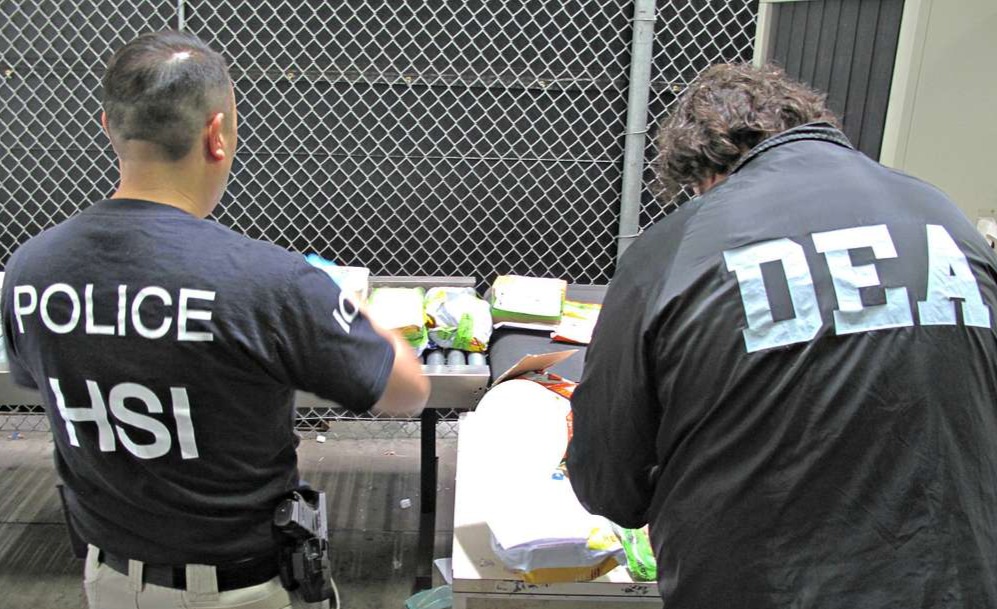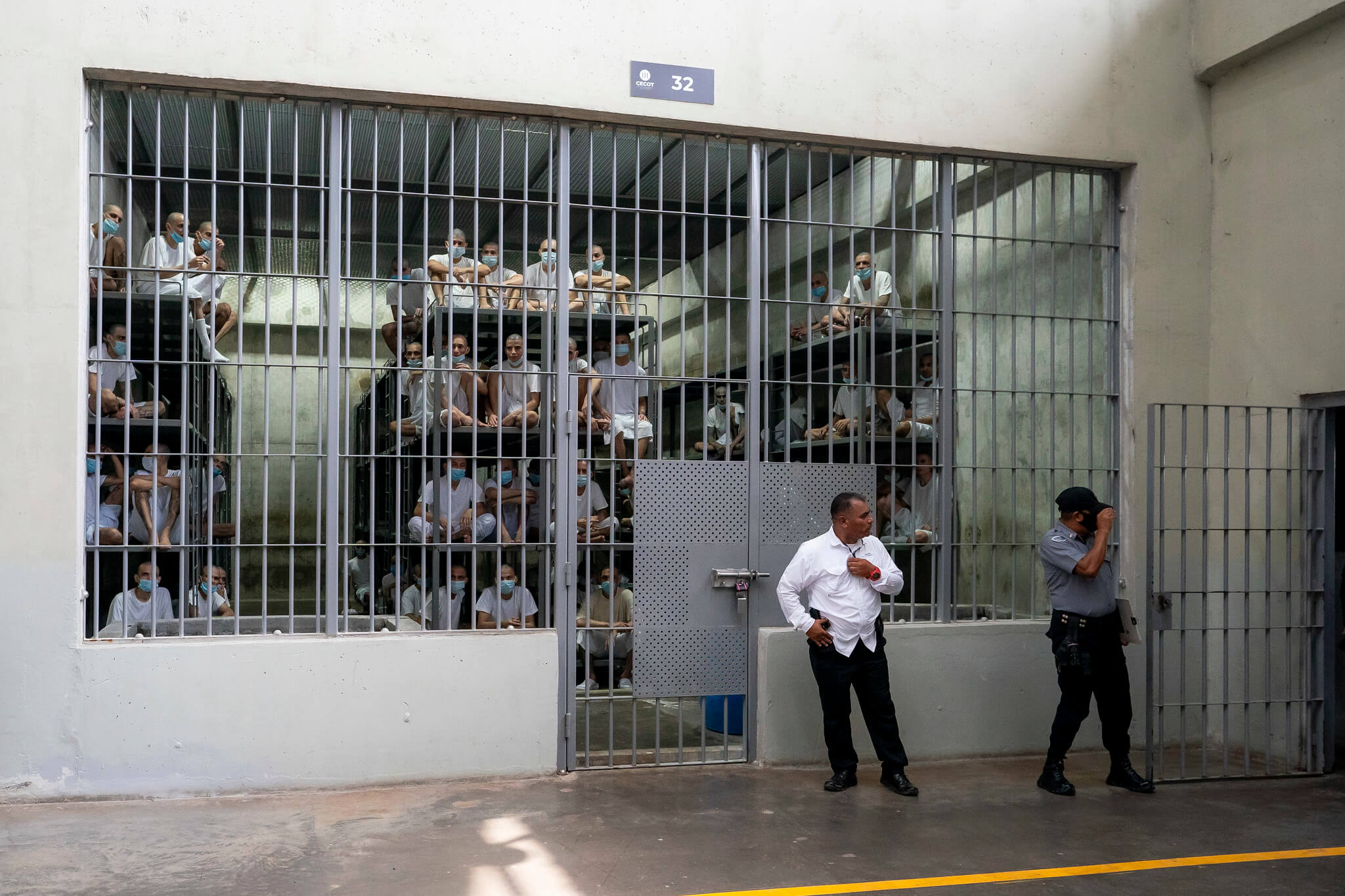Today's Headlines and Commentary
President Obama met with Pakistani Prime Minister Nawaz Sharif at the White House yesterday. Among other things, the pair talked about US drone strikes along the Afghanistan-Pakistan border, and Prime Minister Sharif demanded that the American president pledge to cease drone strikes in Pakistan.
President Obama met with Pakistani Prime Minister Nawaz Sharif at the White House yesterday. Among other things, the pair talked about US drone strikes along the Afghanistan-Pakistan border, and Prime Minister Sharif demanded that the American president pledge to cease drone strikes in Pakistan. The Times, NPR and the BBC have coverage of the meeting. The White House released this fact sheet that reveals the breadth and depth of the bilateral relationship, as well as this joint statement from the two heads of state.
Bob Woodward strikes again. Woodward and Greg Miller, both in the Washington Post, reveal that top-secret CIA documents suggest that Pakistan tacitly and secretly endorsed US drone strikes for many years despite strong public denunciations of the practice. The story calls into question Prime Minister Sharif’s demands yesterday that the US halt its drone program. Here is a key excerpt from the article:
There have been 23 strikes in Pakistan this year, far below the peak in 2010, when 117 attacks were recorded. The latest strike occurred Sept. 29, when three alleged fighters with ties to the militant Haqqani network were killed in North Waziristan, according to news media reports. Several documents refer to a direct Pakistani role in the selection of targets. A 2010 entry, for example, describes hitting a location “at the request of your government.” Another from that year refers to a “network of locations associated with a joint CIA-ISI targeting effort.”The New York Times editorial board weighed in on the drones debate in light of the Amnesty International and Human Rights Watch reports highlighting the extent of civilian casualties caused by drones in Pakistan and Yemen. While the editorial does not flatly denounce Obama’s use of drones, it expresses deep concern over accountability and the increased radicalism that comes as a result of civilian deaths. As Raffaela mentioned yesterday, the White House says it strongly disagrees with the conclusions made by both reports. Ben's thoughts on the reports are here. The damage done to diplomacy by the Snowden leaks continues to mount. The United States government disputes reports that it wiretaps key government officials in Germany and France. These reports led to a tense phone call between German Chancellor Merkel and President Obama, who demanded reassurances that the U.S. isn't tapping her cell phone. For its part, Germany has summoned the US ambassador to address the new spying claims. Marc Ambinder of The Week has penned an interesting opinion piece contemplating America's motivation to spy on its allies. The European Union Summit is due to begin in Brussels today. On the agenda: economic recovery, the digital economy and corporate power. In light of the recent Snowden surveillance allegations, French President François Hollande is making a last-minute push to add that issue to the agenda. The Atlantic profiles Senator Ron Wyden’s fight to limit the surveillance power of the National Security Agency. As we've discussed, Wyden, along with fellow Democratic Senators Udall and Blumenthal, and Republican Rand Paul, has drafted a new bill that would limit NSA metadata collection practices. The profile takes a deeper look into Wyden’s history as a legislator and his efforts to rally bipartisan support. The CEO of WPP, one of the world's largest advertising companies, has also chimed in on the surveillance debate. Beyond his concerns about the detrimental effect these leaks will have on American diplomacy, CEO Martin Sorrell is also concerned that the scandal will adversely affect the advertising industry. Data collection and analysis is a crucial component of modern advertising, and Sorrell worries that it will be increasingly difficult for advertisers to take advantage of such tools. The United Nations has added Muhammad Jamal al Kashef to its Security Council Sanctions List. Jamal is known to be a key member of Al Qaeda and a close adviser and subordinate to Ayman al Zawahiri, one of the most influential leaders of the organization. The Long War Journal has the story. Secretary of State John Kerry has been traveling through Europe this week, meeting with crucial Middle Eastern allies. Rather than receiving him with open arms, Kerry has been met with strong criticism from two of the US’s strongest allies in the region: Saudi Arabia and Israel. The Saudi government is disappointed in President Obama’s lack of action or a strong American strong position on Syria and Egypt, while Israel is deeply worried about the outcome of Iran negotiations. Not all hope is lost for the Cyber Intelligence Sharing and Protection Act, according to House Permanent Select Committee on Intelligence Chairman Mike Rogers. Lawfarers will remember that the House passed the cybersecurity information sharing bill in April and sent it along to the Senate. Chairman Rogers concedes that the leaks about the NSA's surveillance and data collection programs have hurt CISPA's image, but he remains optimistic that his bill will get through Congress. Although it has yet to be approved by the Senate Select Committee on Intelligence, Chairman Rogers credits Senators Feinstein and Chambliss, heads of the SSCI, for their "sheer determination" in finding a way to approve the legislation. Talk about clearance sales: An ex-Navy carrier, USS Forrestal, has been sold for 1 Cent to a ship breaker. NPR reports that the Navy had presented the “supercarrier,” the first of its kind, as available for donation in 1998, but received no “viable” offers. Email the Roundup Team noteworthy law and security-related articles to include, and follow us on Twitter and Facebook for additional commentary on these issues. Visit our Events Calendar to learn about upcoming national security events, and check out relevant job openings on our Job Board.
Clara Spera is a 3L at Harvard Law School. She previously worked as a national security research intern at the Brookings Institution. She graduated with an M.Phil from the University of Cambridge in 2014, and with a B.A. from the University of Chicago in 2012.





